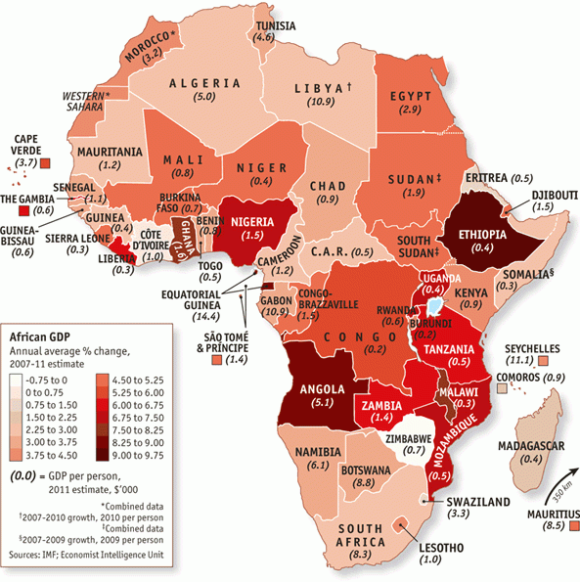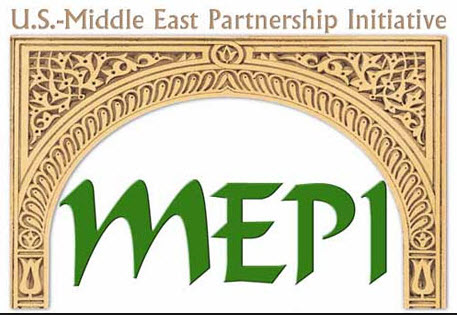Most of us know Africa. It’s a land of haves and have nots, fertile plains and arid deserts, a place where human life began and raging wars continue. But did you also know that Africa has 6 out of the 10 fastest growing countries in the world? That the U.S. import and export business has tripled over the last decade? That the International Monetary Fund (IMF) projections show sub-Saharan Africa (the region south of the Sahara) could grow up to 6% each of the next two years? This sounds like the perfect place to put into action our learned leadership skills while understanding the culture and people who live there.
According to Hofstede’s Dimensions of culture, in both East & West Africa Individualism is much lower than that of the United States while Power Distance is much higher. This could pose a hurdle to managing a group or you could use it to your advantage. If you are the person in charge then the African people will respect your agenda. This actually works well with the low sense of individuality. You should be able to form a great team of workers who can harmoniously work together. While this is a lot of pressure on the person in charge, believe in your business model and forge ahead. While this style of management is not for everyone (I know it’s not my milieu), it maybe the best way to succeed.
While the whole of Africa has been seen as much more corrupt than the United States, the perception of North Africa and Sub-Saharan Africa tends to be a tale of two very different economical views. In North Africa corruption seems to be rampant while in Sub-Saharan Africa, business was viewed as less corrupt. For example, the United States ranked 17th out of 175 countries in a poll of global perceived corruption by Transparency International (2014). Countries in Northern Africa such as Morocco, Egypt and Libya scored 80, 94, and 166 respectively. According to the same study, Sub-Saharan countries came in much lower. Some included in this study were Botswana (31), South Africa (67), and Senegal (69). I must admit that I found the South African number a little shocking considering I think of it as a more European philosophized country. The good part about this perceived corruption is that the Sub-Saharan countries are making a big push to lower these numbers. The countries are involved in reforming there regulation and currently are responsible for 75 of 230 regulatory reforms going on in the world (World Bank, 2015).

Africa is a large continent with many emerging markets and possible sustained growth. China & India are already making moves there.
In conclusion, I would fully expect a westernized business to thrive in Africa. The vast expanse of the continent provides many different opportunities for growth and profit. Growing economies in both natural resources and industry should lead toward stability in the region. The African people’s desire for trust, friendship and family can make them wonderful business partners. I’ve had the occasion to work with several folks who hailed from various African countries and I have always enjoyed it. They are hardworking, knowledgeable, warm and engaging. It not only makes them wonderful teammates but also loyal and giving workers. This makes them a dream to manage




